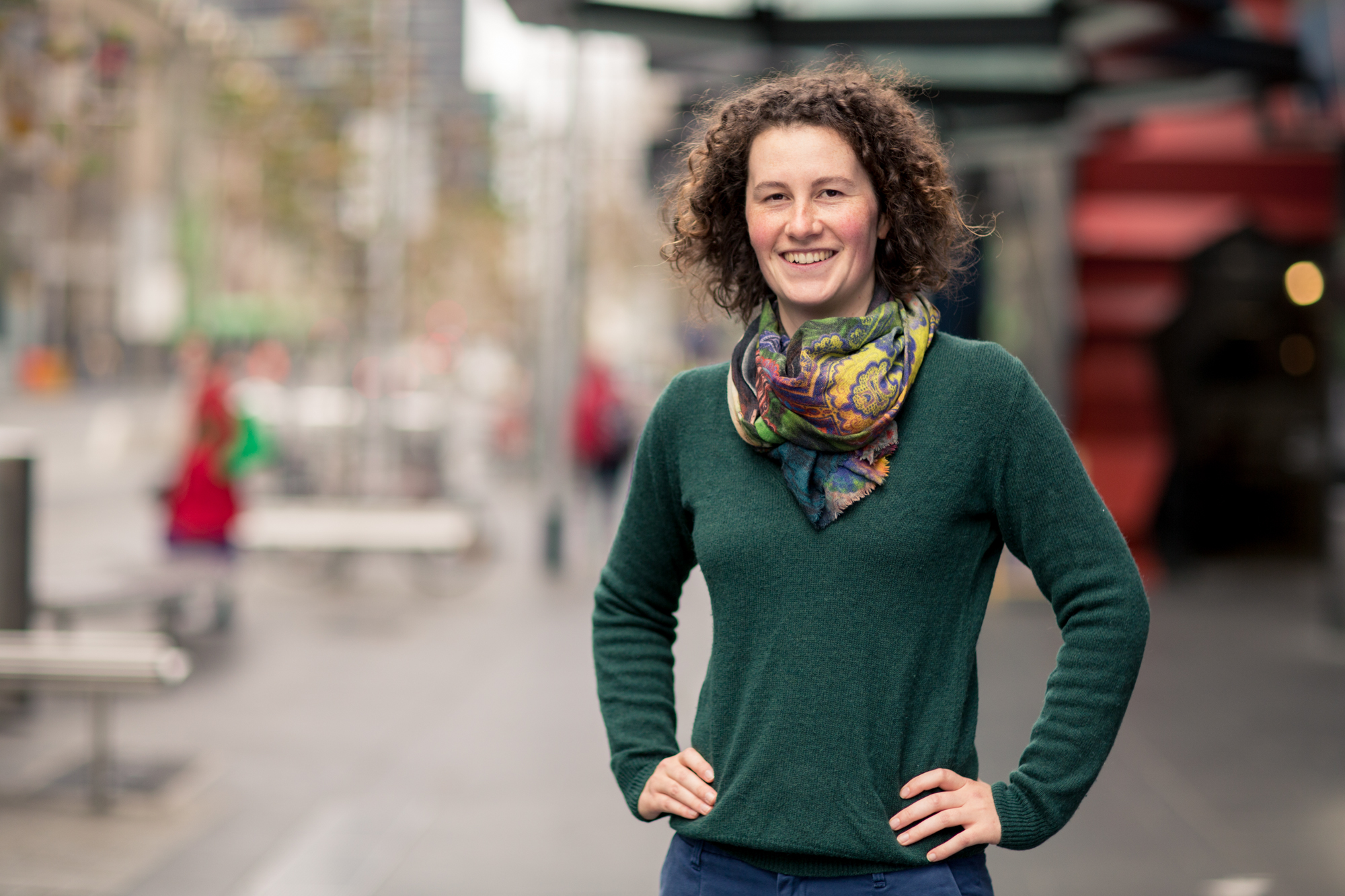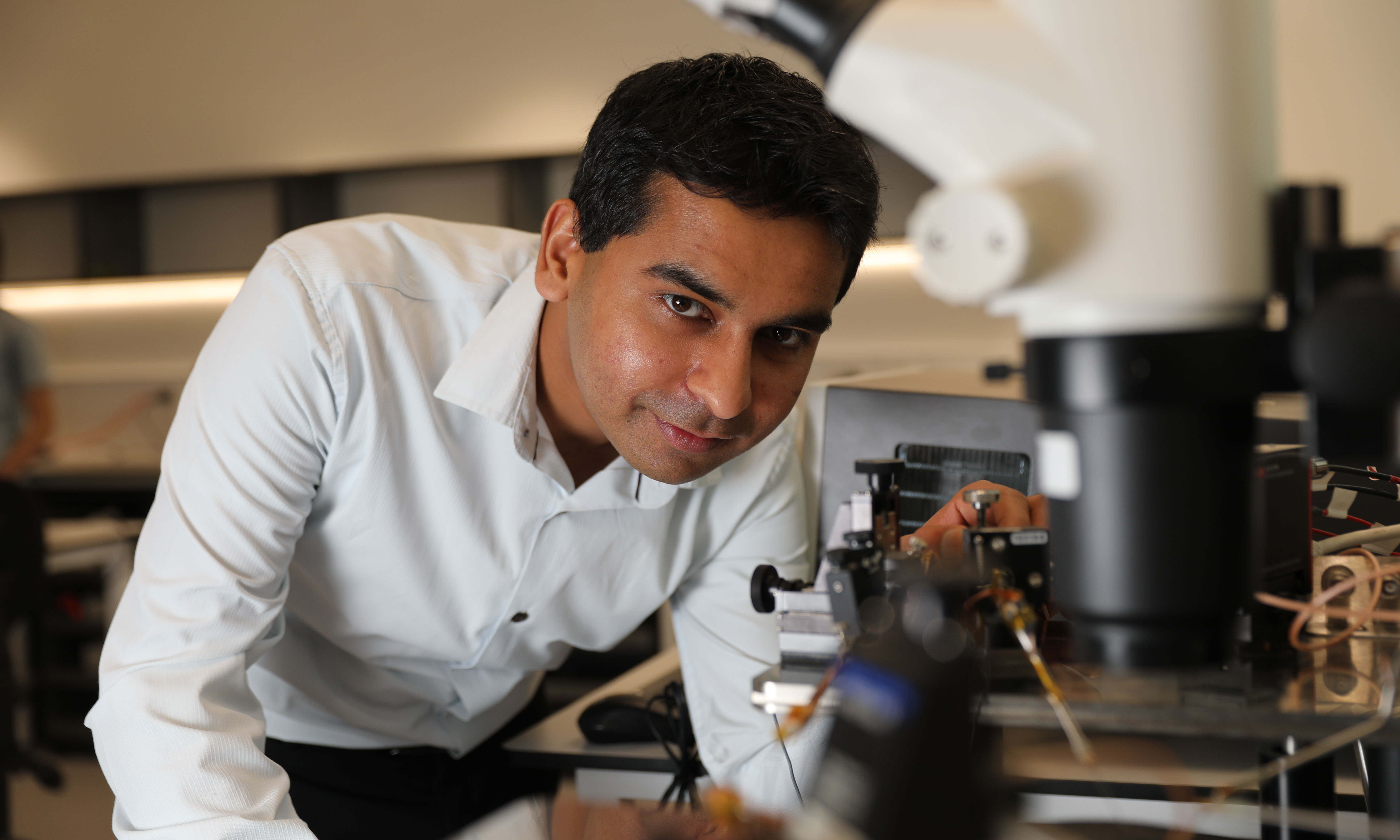While the Women Techmakers retreat reinforced the diversity challenges facing the tech industry, it also gave Trippas hope that things were changing and the support of fellow women driving that change.
“You should never underestimate the power of being around people that are interested in building support and peer networks full of positive role models,” she says.
“But most importantly it was about being recognised as a person first and valuing what I have to bring as a person.”
“I now have a greater appreciation of how staying in tech has allowed me to create a more diverse work environment for me and my colleagues.”
With recent studies and media highlighting the problems of smart home technology being mainly designed by men - and so not always relevant or appropriate for women - this is an important point.
Meanwhile, her research is making its own valuable contribution, with nearly 20 publications, including in some of the field’s leading journals and research conferences.
The future of search
Trippas’ research looks at ways to interact with search engines via voice only, without having to interact with screens. It's the science behind the next generation of voice assistants most of us may soon be using.
“I really enjoy my research because it's such an exciting new area,” she says.
“It’s inspiring to be part of research that will potentially impact many people around the world on how we communicate with computers.”
She says working alongside leaders in the field at RMIT University, and learning from them how to deliver research with real impact, has been both empowering and encouraging: so much so that she's looking to continue her academic career in teaching and research after receiving her doctorate.
It certainly feels like the right time and place to be right now, she says.
“Search has come a long way since Google introduced their ground-breaking web search algorithm 20 years ago, but not a lot more can be done to improve it as a text-based query search. My area of research looks at what's next.”
Most experts agree the future of search is conversational, not text or screen based, but there’s a lot of room for improvement on current technology in products like Apple’s Homepod or Google Home.
“I have all the latest voice search devices at home and enjoy trying them all out to test their limitations,” says Trippas with a laugh.
But conversational search is about more than gimmicks or consumer convenience, it’s also about accessibility for people with low vision or poor literacy.
“Developing this technology to help people is a major personal drive for me,” she says.
“I imagine the day when a poor farmer in India will be able to ask search about crop failure data or long-term weather forecasts and receive the right information in a natural conversation as if they were asking a friend.”





